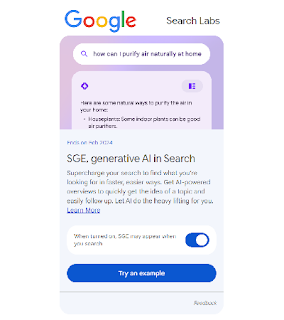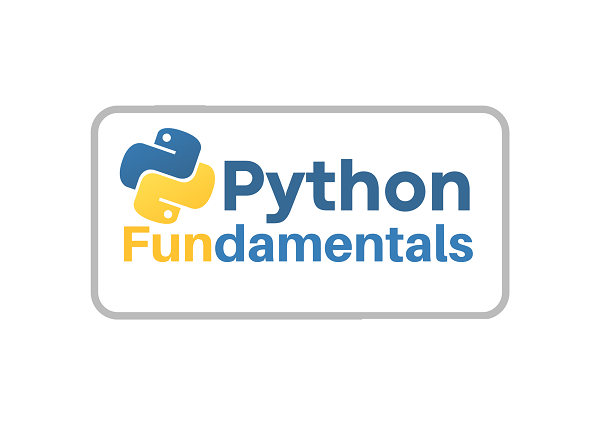How AI is Improving Patient Care in India
Explore the significant impact of AI on patient care in India, highlighting the innovative technologies and strategies that are transforming the healthcare landscape, improving outcomes, and enhancing overall healthcare delivery.
The healthcare sector in India, like many others, is experiencing a profound transformation fueled by the rapid integration of artificial intelligence (AI).
AI is being utilized to
enhance patient care through various means, which include:
Diagnosis: AI-powered tools are being used to help doctors diagnose
diseases more accurately and quickly. For example, AI-powered image analysis
tools can be used to detect cancer cells in medical images.
Treatment: AI is being used to develop new treatments for diseases,
and to personalize treatment plans for individual patients. For example, AI can
be used to analyze a patient's genetic data to identify the best course of
treatment.
Prevention: AI is being used to develop new ways to prevent
diseases, and to identify patients who are at risk for developing certain
diseases. For example, AI can be used to analyze large amounts of data to
identify patterns that may indicate an impending disease outbreak.
Care coordination: AI is being used to coordinate care between different
healthcare providers, and to ensure that patients receive the care they need.
For example, AI can be used to track a patient's medical history and
medications and to send reminders about upcoming appointments.
Patient education: AI is being used to develop new ways to educate patients
about their health, and to help them manage their chronic conditions. For
example, AI can be used to create personalized educational materials and to
provide real-time support to patients.
Here are some specific
examples of how AI is being used to improve patient care in India:
AI-powered chatbots: AI-powered chatbots are being used to answer patients'
questions, schedule appointments, and provide other support. For example, the
chatbot "Aarogya Setu" has been used by over 100 million people in
India to get information about COVID-19 and to book appointments for testing
and vaccination.
AI-powered image analysis
tools: AI-powered image analysis tools are being used to detect diseases in medical images. For example,
AI-powered tools have been used to detect cancer cells in mammograms and to
identify diabetic retinopathy in eye scans.
AI-powered clinical decision
support tools: AI-powered clinical
decision support tools are being used to help doctors make better decisions
about patient care. For example, AI-powered tools can be used to identify
patients who are at risk for developing certain diseases and to recommend the
best course of treatment.
These are just a few
examples of how AI is being used to improve patient care in India. As AI continues
to develop, it is likely to have an even greater impact on the healthcare
industry and to help India become a global leader in the field of healthcare.
Comparison of Patient Care
in India Before and After AI
Before AI, patient care in
India was often fragmented and inefficient. Patients often had to travel long
distances to see a doctor, and they may have had to wait weeks or even months
for an appointment. Once they saw a doctor, they may have had to wait for test
results, and they may have had to make multiple follow-up appointments. This
could be a major burden for patients, especially those who are poor or who live
in rural areas.
AI is helping to address
these challenges by making healthcare more accessible and efficient. For
instance, to answer patients’ questions and to schedule appointments AI-powered chatbots can be used. AI-powered image analysis tools can be used to detect
diseases in medical images, which can help doctors to diagnose patients more
quickly and accurately. AI-powered clinical decision support tools can help
doctors to make better decisions about patient care.
As AI continues to develop,
it is likely to have an even greater impact on patient care in India. AI has
the potential to make healthcare more affordable, accessible, and effective.
This could have a major impact on the health of the Indian population, and it
could help India to achieve its goal of universal health coverage.
Here are some of the
benefits of using AI in improving patient care in India:
Accuracy and efficiency: AI can help to improve the accuracy and efficiency of
patient care. For example, AI-powered image analysis tools can help doctors to
diagnose diseases more accurately and quickly. AI can also help to automate
tasks, such as scheduling appointments and sending reminders, which can free up
doctors' time to focus on patient care.
Personalization: AI can help to personalize patient care. For example, AI
can be used to analyze a patient's genetic data to identify the best course of
treatment. AI can also be used to create personalized educational materials and
to provide real-time support to patients.
Accessibility: AI can help to make healthcare more accessible. For
instance, to answer patients’ questions and to schedule appointments AI-powered
chatbots can be used. AI can also be used to provide remote patient monitoring,
which can help patients to manage their chronic conditions from home.
Here are some of the
challenges of using AI in improving patient care in India:
Cost: The development and implementation of AI can be
expensive. This could be a barrier for some healthcare providers, especially
those in rural areas.
Data privacy: AI depends on vast volumes of data. This data must be
carefully protected to ensure patient privacy.
Bias: AI algorithms can be biased, which could lead to unfair
treatment of patients. This needs to be addressed carefully since it is a
complex issue.
In spite of these
challenges, AI holds the immense potential to revolutionize the way healthcare
is delivered in India. AI can help to improve the accuracy, efficiency, personalization,
and accessibility of patient care. As AI continues to develop, it is likely to
have an even greater impact on the healthcare industry in India.
Conclusion
AI is rapidly transforming
the healthcare industry, and India is no exception. AI is being used to improve
patient care in a number of ways and has the potential to revolutionize the
way healthcare is delivered in India.




Comments
Post a Comment